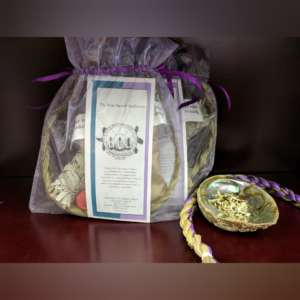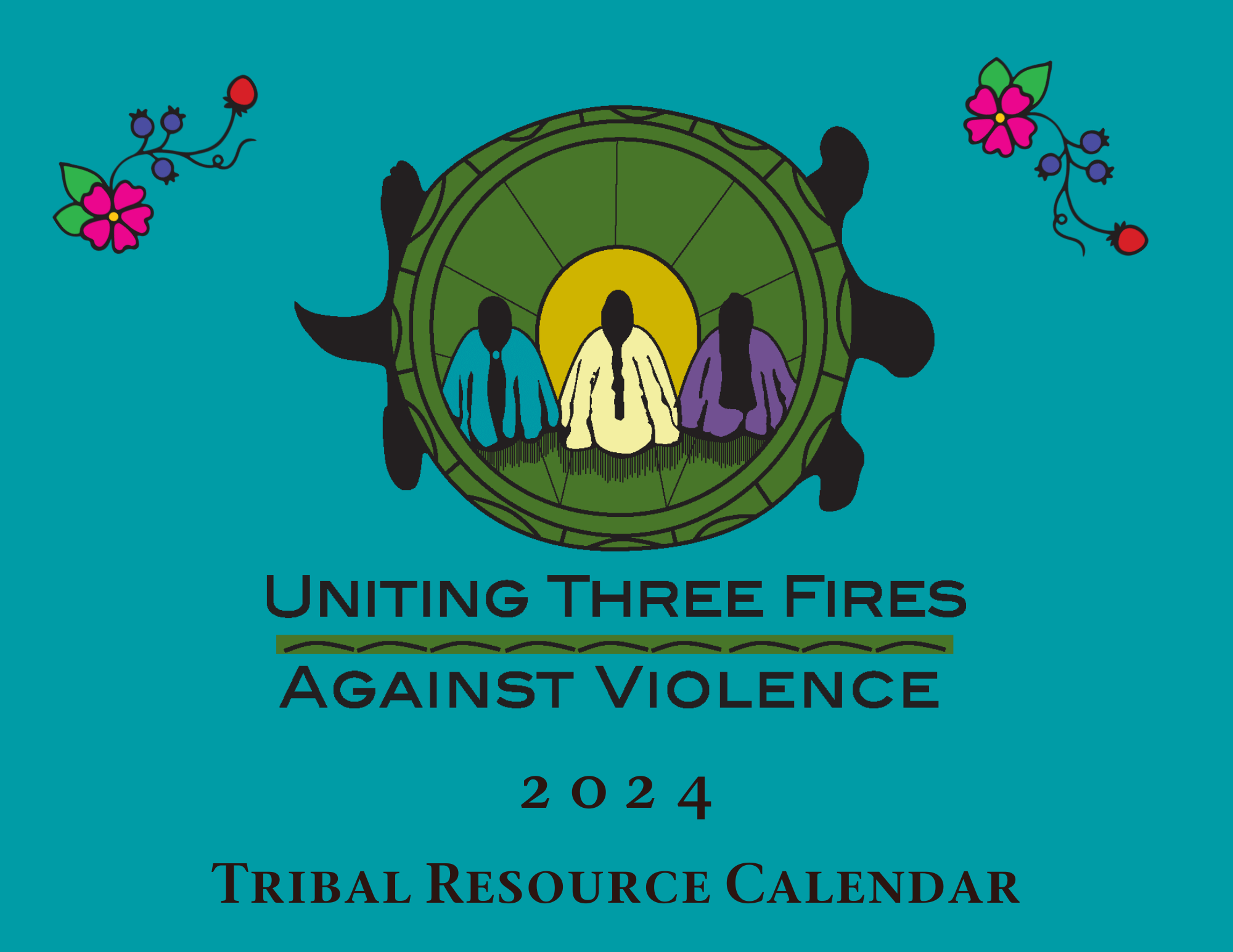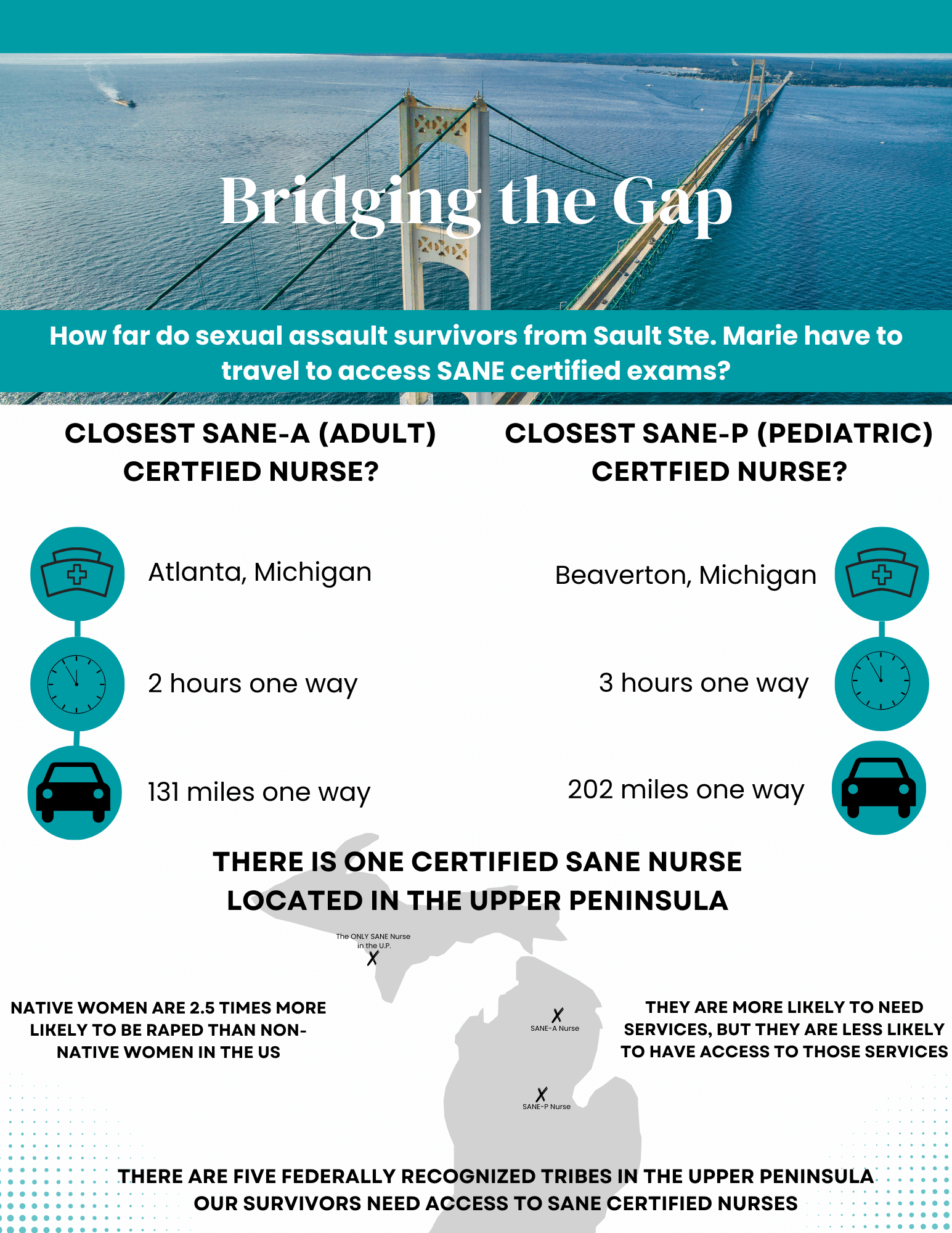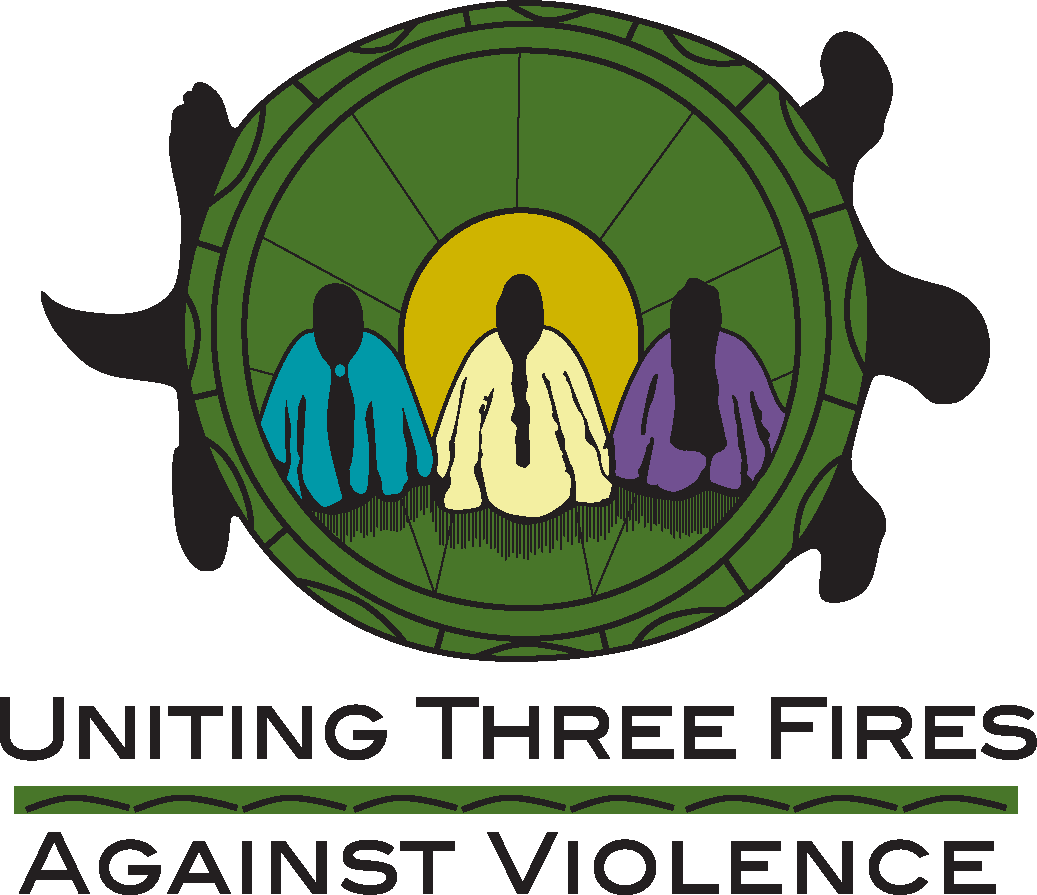Products
UTFAV routinely creates products that contain information related to domestic violence, sexual assault, dating violence, stalking and/or sex trafficking. Products can include but are not limited to: brochures, posters, calendars, informational handouts, etc. UTFAV also compiles and shares information related to statistics, reports and other information from other entities, including the Department of Justice, National Institute of Justice, National Indigenous Women’s Resource Center and more. You can find more on our Resources page.
Awareness Campaign Resources and Products
For educational purposes, each awareness month [January (Stalking), February (Teen Dating Violence) April (Sexual Assault) and October (Domestic Violence)], UTFAV sends informational resources (including but not limited to: posters, fliers, brochures, awareness items, etc.) to the Tribal Domestic Violence and Sexual Assault programs to share throughout their community. Tribes can also request UTFAV to attend community awareness events to promote each awareness month!
January – Stalking Awareness Month
February – Teen Dating Violence Awareness Month
April-Sexual Assault Awareness Month
October – Domestic Violence Awareness Month
Culture Care Kits
 Culture Care Kits were developed to provide each Tribal advocacy program with kits to share with survivors of domestic violence and sexual assault who may be seeking traditional healing. Each care kit had the following items: the four traditional medicines (sweetgrass, cedar, tobacco, and sage), a small abalone shell, and a brochure. The brochure had information about the sacred medicines and the practice of smudging. Also on the brochure was information specific to each Tribal community’s traditional healing department/cultural department/victim services department.
Culture Care Kits were developed to provide each Tribal advocacy program with kits to share with survivors of domestic violence and sexual assault who may be seeking traditional healing. Each care kit had the following items: the four traditional medicines (sweetgrass, cedar, tobacco, and sage), a small abalone shell, and a brochure. The brochure had information about the sacred medicines and the practice of smudging. Also on the brochure was information specific to each Tribal community’s traditional healing department/cultural department/victim services department.
Download Smudging Brochure here.
Tribal Resource Calendars
UTFAV sends approximately 20 to 25 calendars to each Tribal program to share within their community. It is our hope that individuals who may receive the calendar will have the opportunity to locate the resources of each Michigan Tribe if ever requested by a survivor.
Each tribe has a month to showcase how their communities are working to end violence. This can be demonstrated through pictures and events, or even submission of quotes from community members, elders, and advocates who represent the tribe’s beliefs. Tribes can share information about some of the departments working to end violence, such as the tribal DV/Sexual Assault program, law enforcement, prosecutor, court, and health services.
If you would like more information about UTFAV’s Michigan Tribal Resource Calendar, please contact Jena McKerchie at jmckerchie@utfav.org or 906-253-9775.

Educational Handouts and Posters

